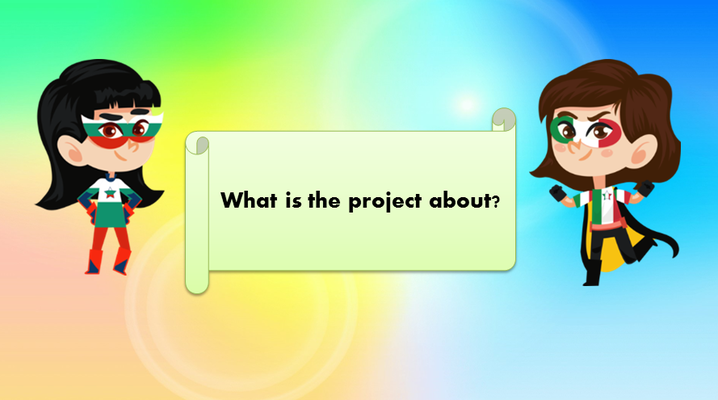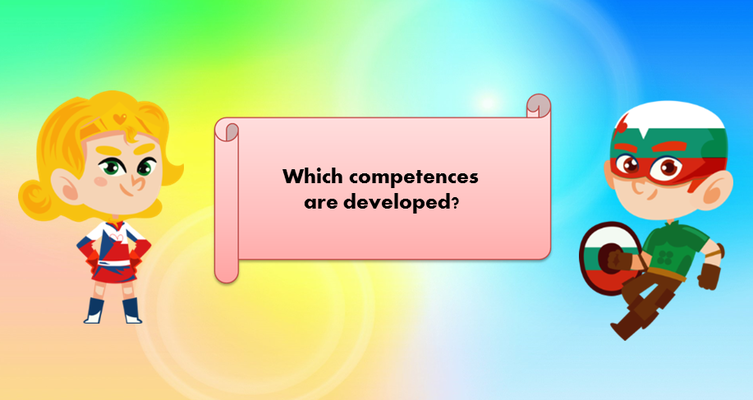
Wonderland is the land where people meet unusual creatures. They usually have extra powers. They could be humans with extra powers, look like humans or have strange features. They dwell in the fairy tales and Wonderland is their homeland.
As the project will develop, eight doors will be opened to lead the children through the Wonderland. Each door will present a new activity that has to be done by children. Each door will be opened on a set date.
Target group: children from the 2nd and 3rd grade.
Aims: The project aims at developing English language skills via Literature, Art and ICT. It promotes reading and fosters the development of the four language skills (listening, comprehention, speaking and writing) in young learners via modern teaching methods.
Results: Apart of Language competence, students will also develop other 21st century skills such as: social, digital, civic skills, creativity and collaboration. They will create outcomes: a comic strip, e-books, posters, 3D galleries, talking avatarts and superheroes.

1. Communication in foreign language: listening, speaking, understanding and writing skills.
Students can:
- introduce themselves;
- talk about their likes and dislikes;
- talk about e-Safety and netiquette rules: prohibitions and abilities
- describe a hero: talk and write about: appearance, qualities and abilities, express personal point of view.
2. Communication in mother language: storytelling skills;
3. Social and civic competences: skills to work in teams, respect other people point of view.
4. Digital skills: e-Safety and Netiquette awareness, responsible use of the Internet, digital citizenship
Students worked with the following online tools and applications:
- Google presentations, Google Forms, Padlet, AnswerGarden, My blue robot, Learning Apps, Quiver Vision, Elfyourself, ChatterPix, Twiddla, Popplet,
TwinSpace tools: chat, project diary, forums
They learn to find, select and present the information.
5. Cognitive skills: problem solving skills, remembering, analysing, evaluating, creating, decision-making
6. Lifelong learning skills: concentration, ability to focus, remember, gather and connect the pieces of information.
7, The 4C = Critical thinking, communication, collaboration and creativity.
8. Emotional intelligence